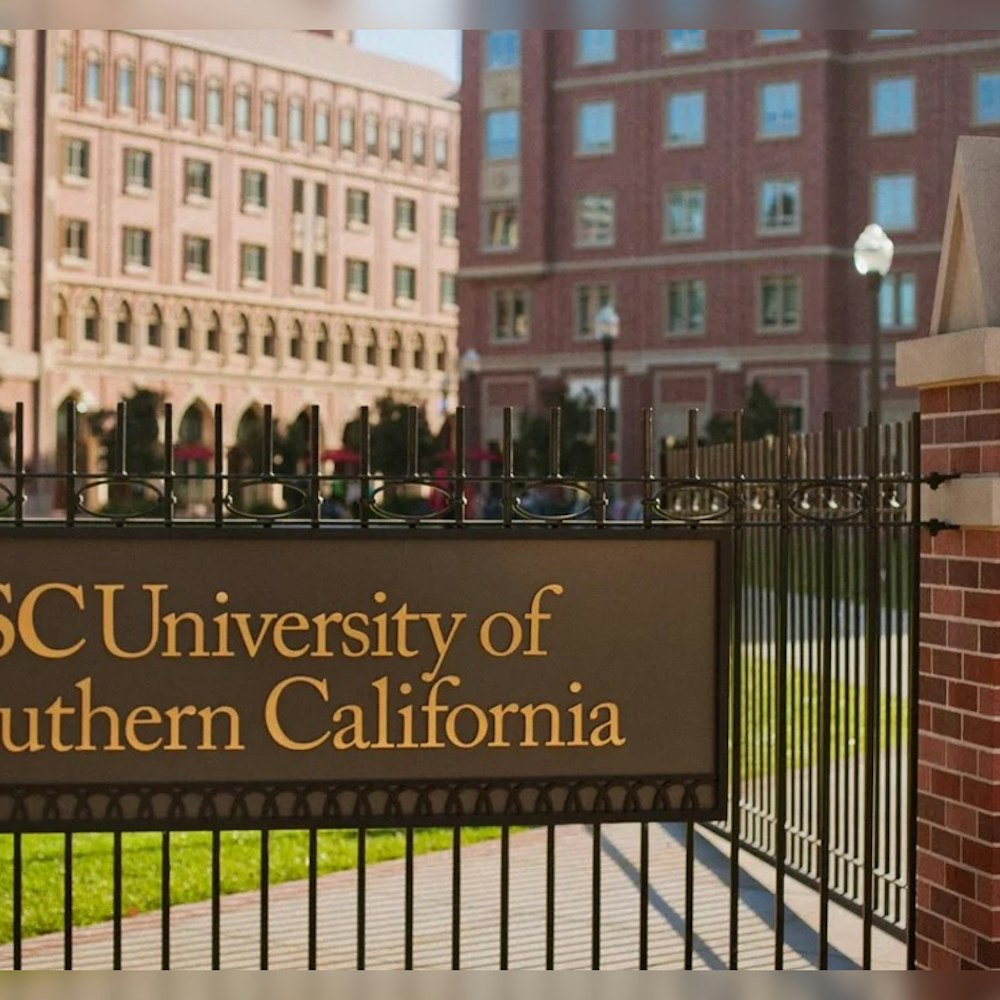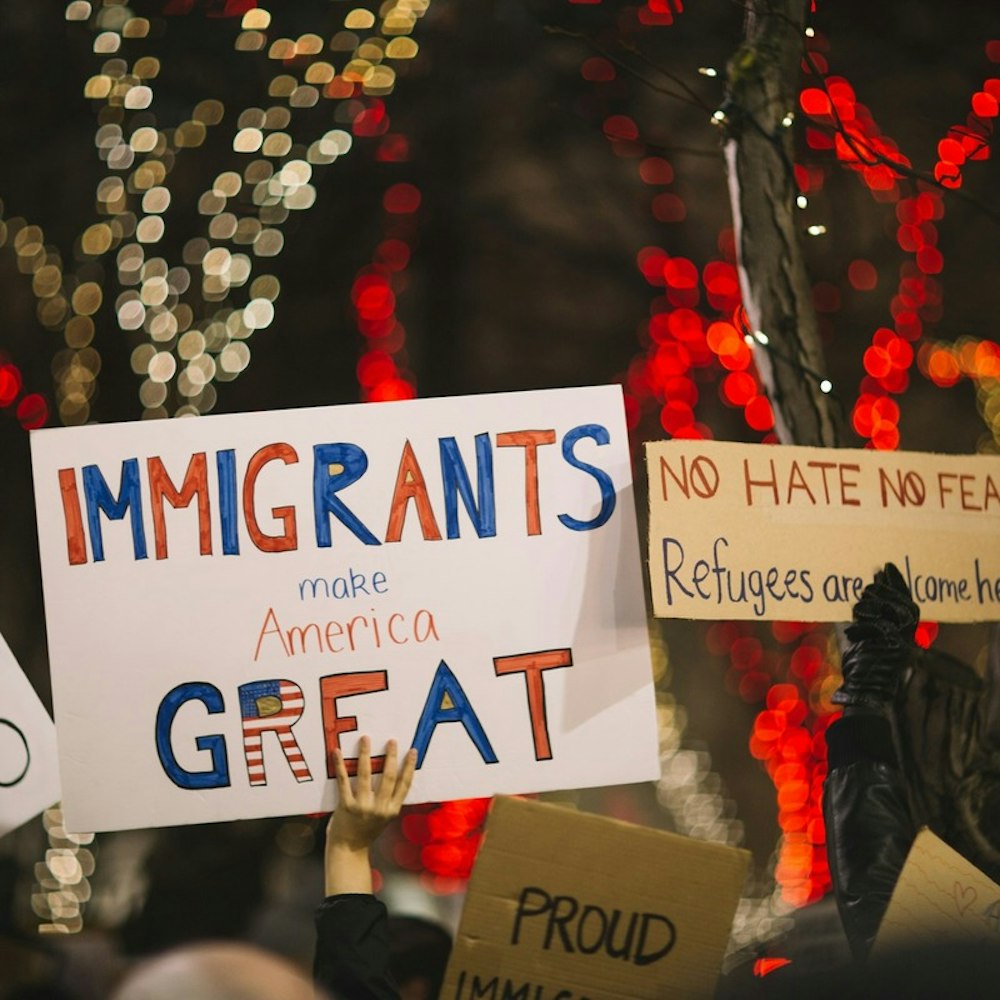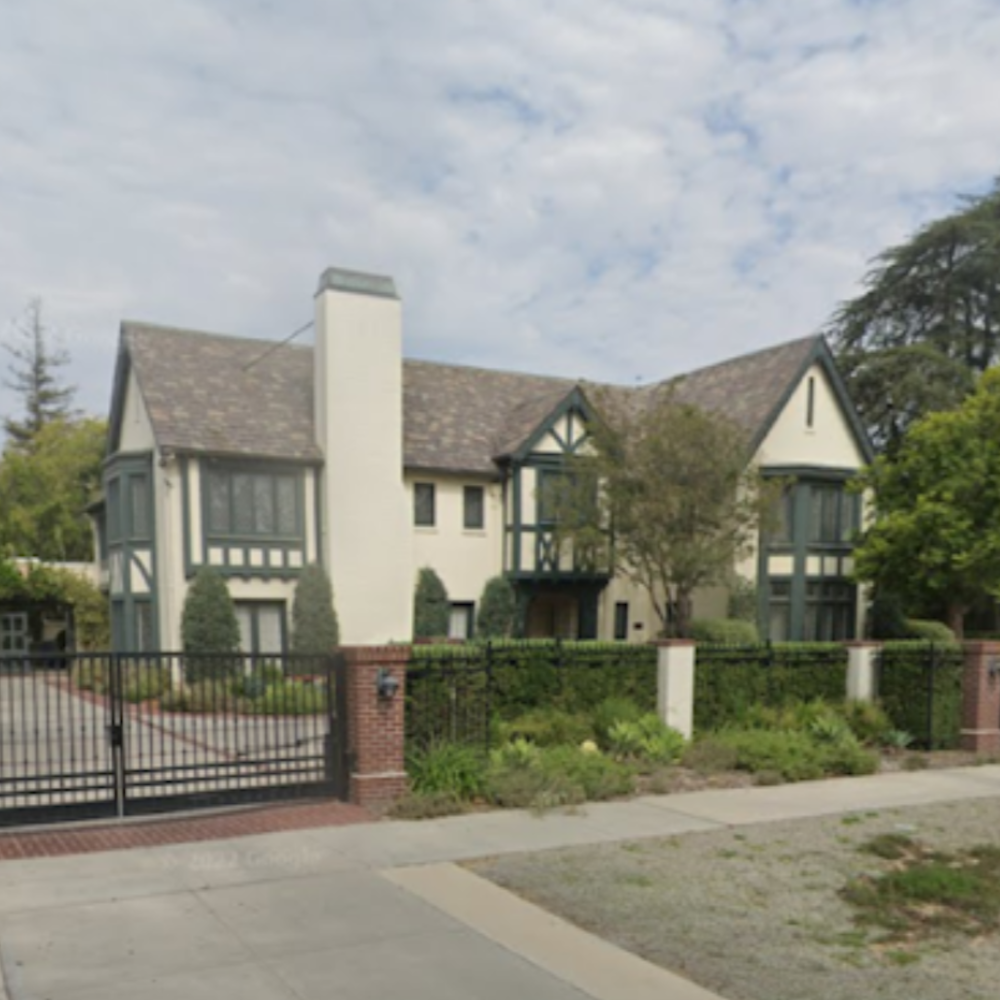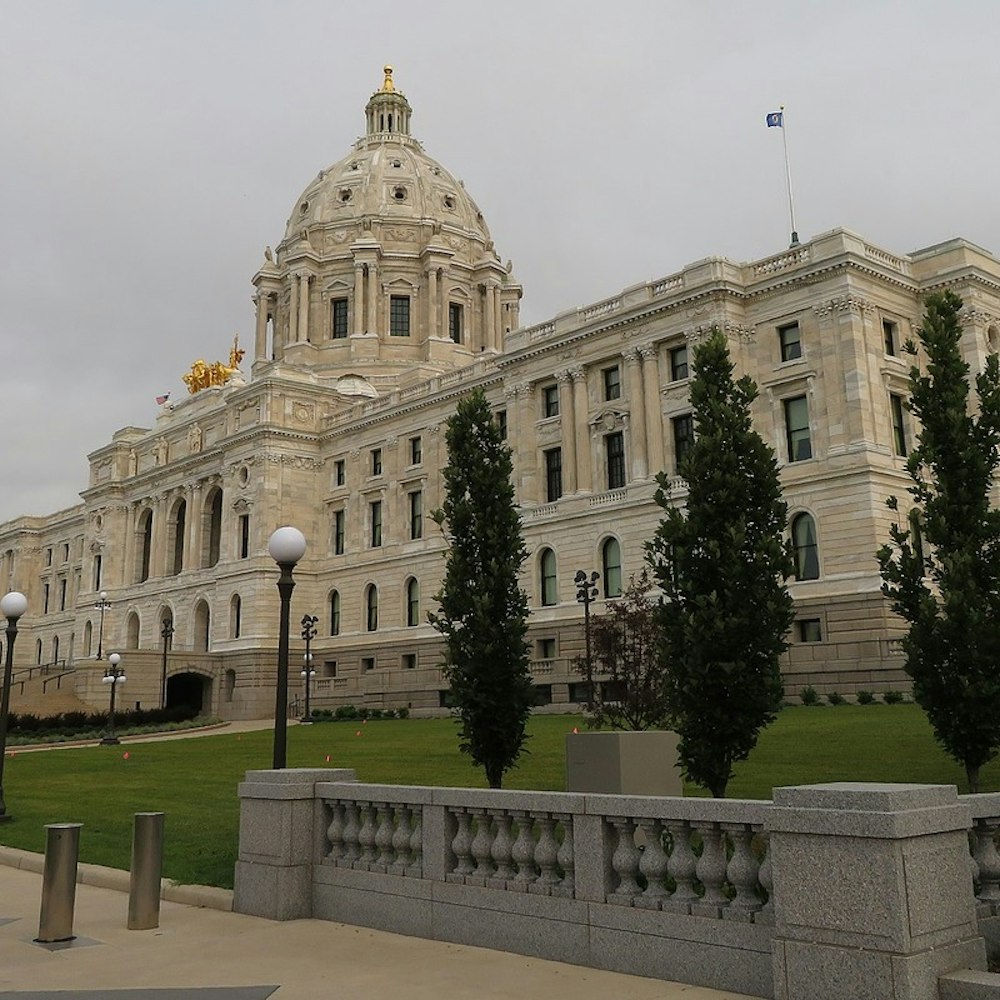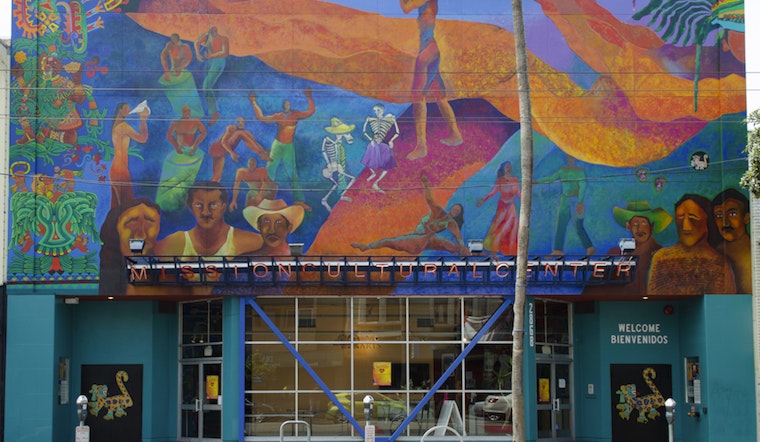
This Saturday evening, September 9th, the Mission Cultural Center For Latino Arts (MCCLA) at 2868 Mission St. (and 25th) will roll out the red carpet for its 40th anniversary with a gala event.
Plenty has changed in the Mission since the MCCLA’s 1977 opening, but its core goal of supporting the creative arts in the Latino community remains.
Offering a wide variety of classes, the center leverages its connections with local artists to provide everything from dance to screen-printing workshops for children and adults.
In return, artists receive studio space and events to promote themselves and their work.
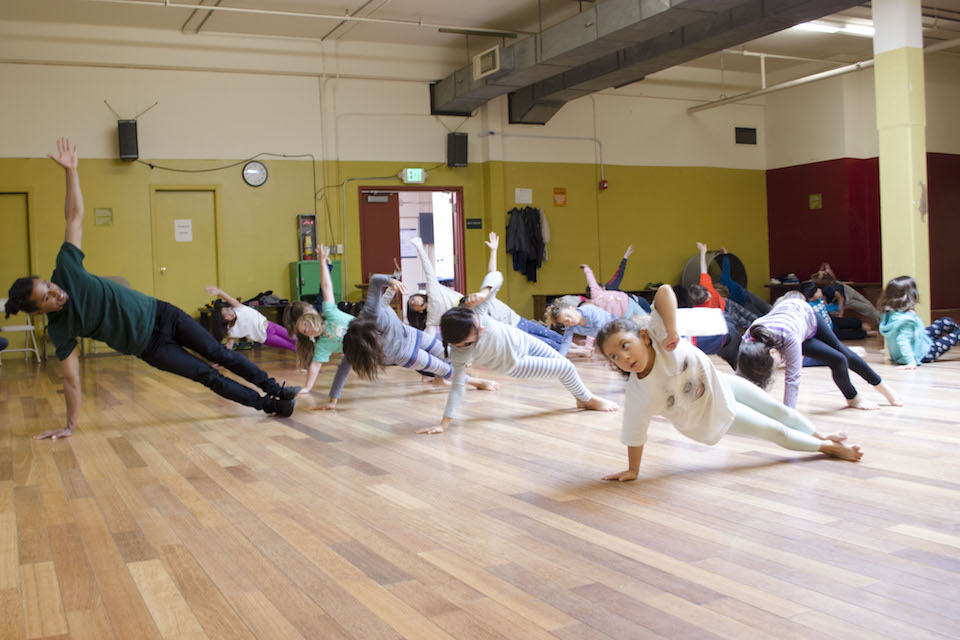
Although the city maintains ownership of the building, the space used by the MCCLA was gifted in 1977 after efforts from the Latinx artist community living in the neighborhood.
“Back in the '60s and '70s, there was a thing with making drum circles in Presidio and Dolores," said Arturo Méndez, MCCLA's events and media coordinator. "Those spaces were being cut down by the police and complaints by neighbors. [The artists] protested in '77, and the city gave them the space.”
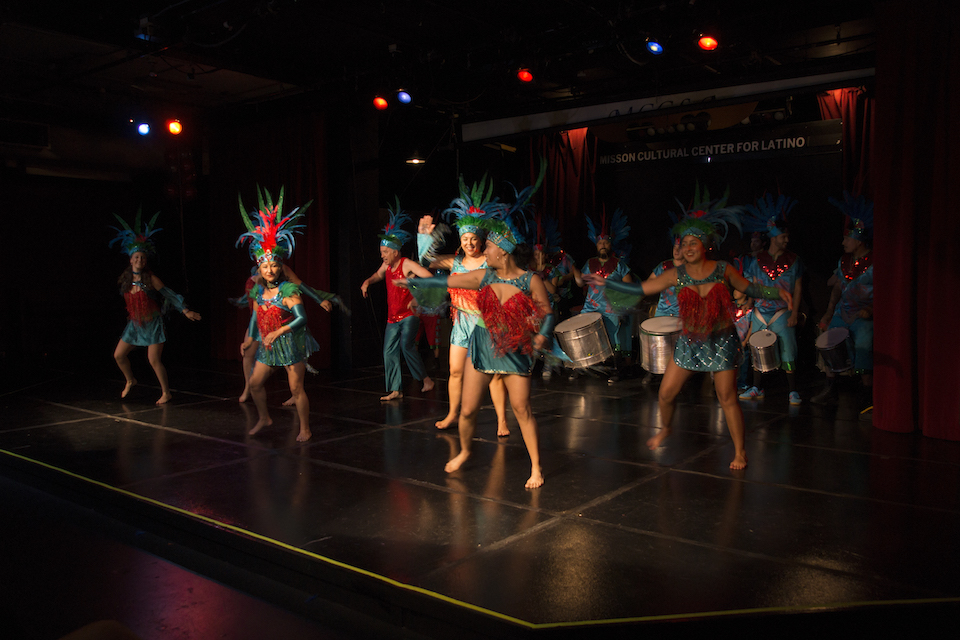
With rapid change, gentrification has played its role in altering the power and reach of community centers like the MCCLA.
“We definitely feel like the community is struggling to remain here in the Mission," said Méndez.
"I see numbers from activities we used to do in years before," he noted, "and we definitely had a more vibrant community that would fill up the theatre or whatever it was, and we struggle [now] because there aren’t as many Latin people.”
Despite decreasing numbers, the center still plans to celebrate big for its 40th birthday. An awards ceremony will recognize local artists, including flamenco dancer La Tania and poet Paul Flores.
Local restaurants like Alma Cocina SF and Loló are also supporting the event with a catered reception that will also feature performances from live bands, including the MCCLA's own Afro-Caribbean Youth Percussion Group.
As in its founding days, the center still receives the majority of its funding from the city and fundraising events.
"Events [are] how we sustain our education programs and payroll of people working here," said Méndez. "That’s why it’s so important for people to come who are interested in supporting the community and Latin culture.”
To join the celebration, tickets must be purchased in advance.
